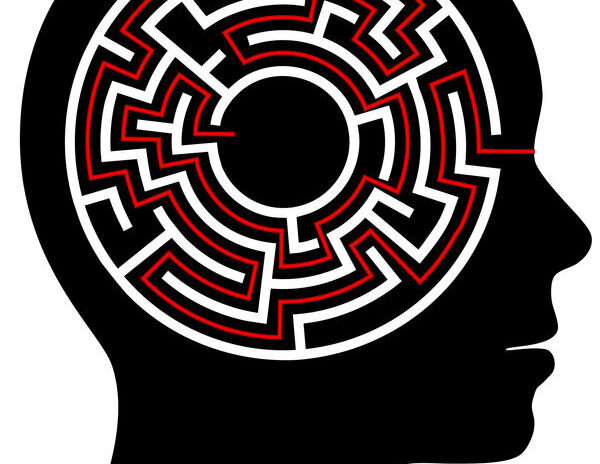The word, “habit,” comes from the Latin word, habere, which means, “to have,” and “to consist of.” It also comes from the Latin word, “habitus,” which means “condition,” and “appearance.” And another etymological derivation is the Latin word, “habeo,” which means “to hold,” and “to keep.”
Etymologically, the word, “habit,” is related to the following words: “dress,” “attire,” “physical,” and “mental constitution.” In other words, “You are your habits,” or “Make your habits and your habits will make you.” These are not just clichés, but they are also scientifically proven rules of life that we may want to pay attention to [1]. They are also scientifically proven rules that many choose to ignore to their own detriment. Why is that? Let’s answer why by looking at some structured definitions of “habit.” A habit is:
-
“A settled or regular tendency or practice, especially one that is hard to give up.”
-
“An addictive practice.”
-
“An automatic reaction to a specific situation.”
-
“A general shape or mode of growth.”
-
“A person’s bodily condition or constitution.”
-
“An action performed on a regular basis.”
-
“An action performed repeatedly and automatically, usually without awareness.”
-
One’s outward appearance.”
-
“An acquired mode of behavior that has become nearly or completely involuntary.”
-
“A behavior pattern acquired by frequent or physiologic exposure that shows itself in regularity or increased facility of performance.”
-
“The manner of conducting oneself.”
-
“The prevailing disposition or character of a person’s thoughts and feelings.”
-
“One’s mental makeup.”
-
“A settled disposition of mind and body.”
-
“To have in permanent possession.”
-
“To make something one’s own.”
-
“An acquired behavior pattern regularly followed until it has become almost involuntary.”
-
“A particular practice, custom, or usage.”
-
“An ordinary course of action.”
-
“The usual condition or state of a person, either natural or acquired.”
-
“A mode of action so established by use as to be entirely natural, involuntary, instinctive, unconscious, and uncontrollable.”
-
“A character which can be separated from its subject, without the destruction of the latter.”
-
“Something held deeply and dwelt upon.”
We could easily let each of these definitions speak for themselves. However, let us elaborate a bit on two of them:
-
“A settled or regular tendency or practice, especially one that is hard to give up. [2]” This definition incorporates part of the mechanism of a habit. A habit is developed as part of a practice, or because it has been practiced and practice regularly.
-
“An automatic reaction to a specific situation. [2]” Because it’s been practiced that much, and that regularly, it is a behavior that has become part of our involuntary, reflexive, and automated system. It is now automatic, and as a result, it is always ready to take place whenever the conditions under which it was born are present. Therefore, a habit takes place as a reaction to a specific situation, trigger, or familiarity. This means we are not conscious [3], not necessarily in charge, and often out of control and being ruled by our habits. Now, this is great for habits that we consciously want, that is life promoting and growth-promoting. What about when it is an unhelpful habit that we do not consciously want to continue with, and that is no longer serving us? This is where something is to be done. This is where we are to some tools and implement them.
If you have been present for the first two modules of the 2nd edition of our 12-week Behavioral Modification Certificate Course, it means you have already started working on your Behavioral Log, including on your Behavioral Categorization, and on your Behavioral Appraisal, including on your pros and cons, and your Behavioral Matrix. At this stage, you already appreciate the power of a habit and why we want to have the tools needed to make unhelpful habits impossible and make helpful habits inevitable. We started to lay the foundation during our second module, and in our third module, scheduled on Monday, January 25th, we are going to elaborate and implement.
What about if you missed the first two weeks, please join us. We will work with you to ensure you are caught up on the first two weeks so that you can benefit from the remaining ten weeks. Join us here. And we look forward to welcoming you.
Until then,
Karen and Mardoche
[1] Whitney, Roger. “Longevity And Retirement: 8 Great Habits To Rock Life As You Age.” Forbes, Forbes Magazine, 25 Oct. 2019.
[2] Robbins TW, Costa RM. Habits. Curr Biol. 2017 Nov 20;27(22):R1200-R1206. doi: 10.1016/j.cub.2017.09.060. PMID: 29161553.
[3] The World Counts.

